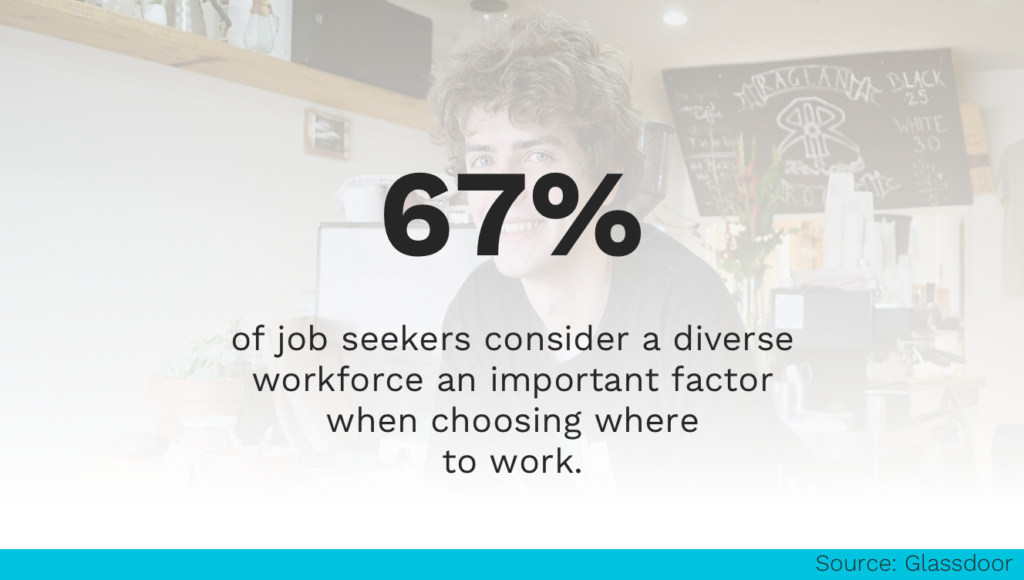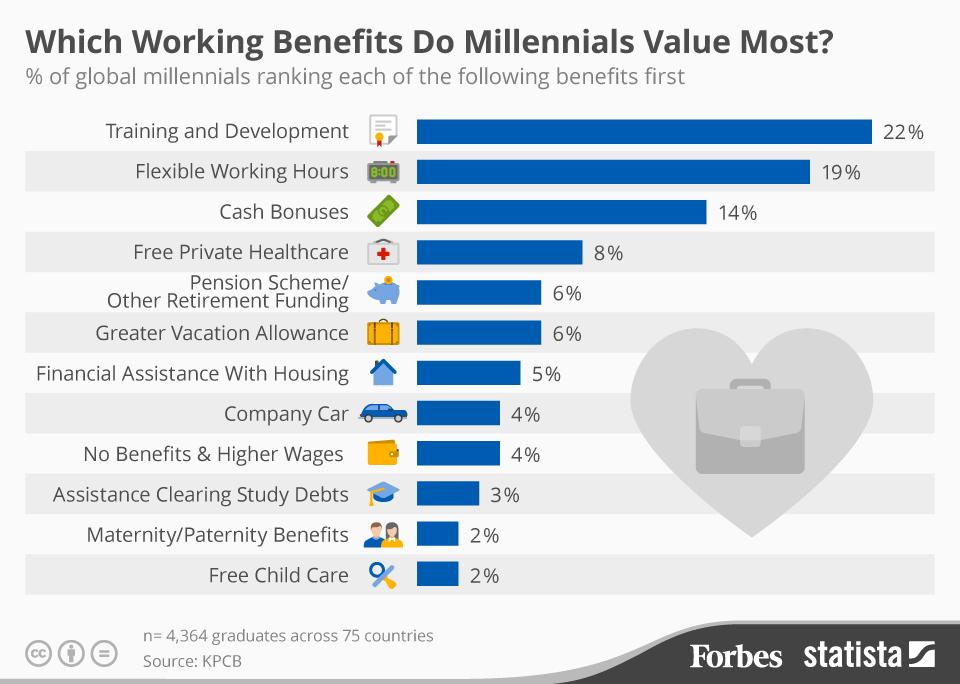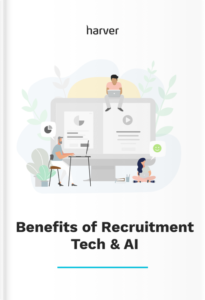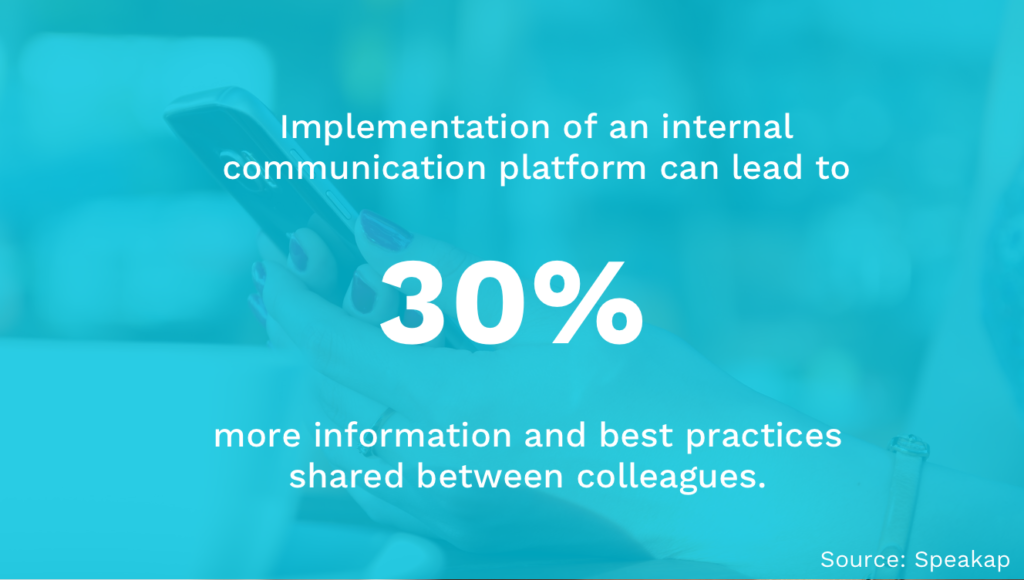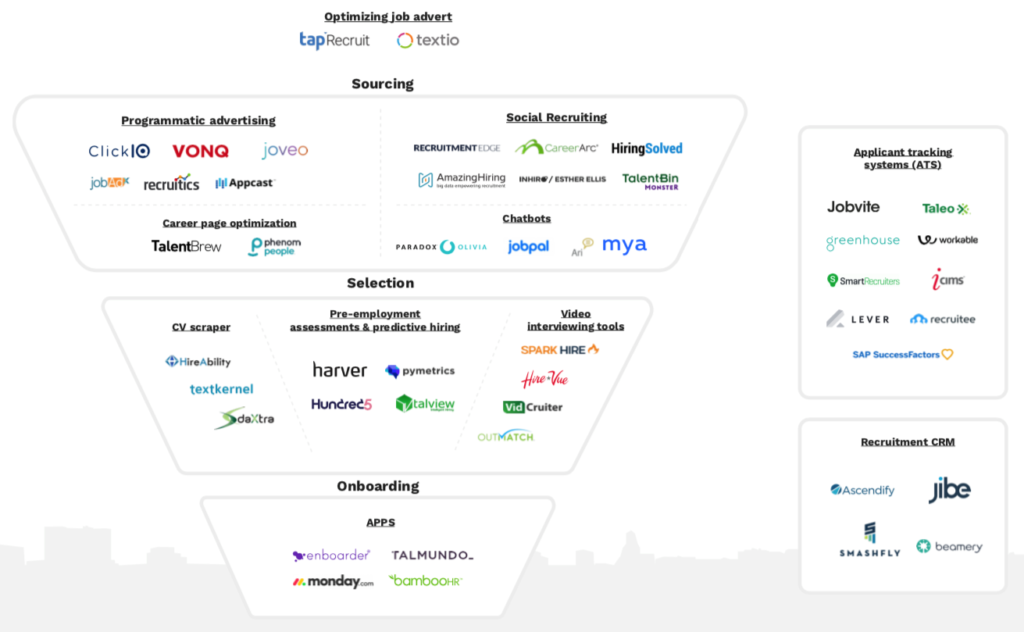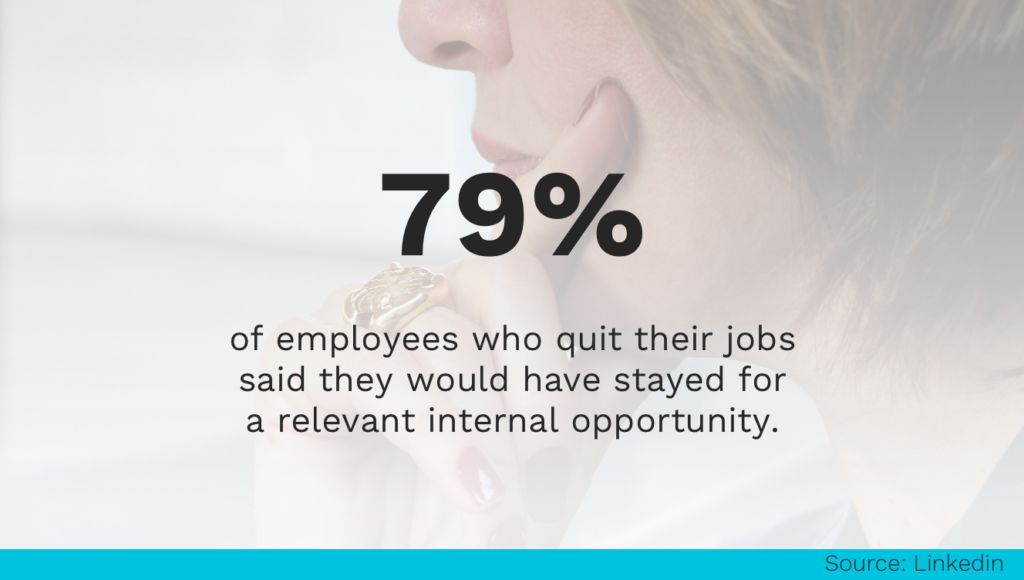Hospitality is a dynamic industry, one of the largest in the world, and it continues to grow as more and more people have money and are willing (and able) to enjoy travels, leisure and dining pursuits.
However, as a result of this continual growth, HR departments in hospitality struggle with a large number of issues, ranging from finding enough qualified candidates to fill the roles to retaining high-performing employees.
Employee turnover in hospitality currently stands at a little over 70% annually, which is exceptionally high, considering experts agree the average is between 10-15% in other industries.
Causes of employee turnover in hospitality include (but are not limited to):
- Unrealistic job expectations
- Low wages
- Demanding work
- Irregular hours
- Repetitive tasks
- Lack of job security
- Poor managers
- Lack of routine
- Toxic work environment
- Limited growth opportunities
While recruiters can use specific hospitality recruitment strategies to mitigate against these causes and attract and select the right talent – people who can do the job well and who would fit in with the company culture – the role of the HR department is more than just hiring.
HR in the hospitality industry has to continue supporting employees throughout their employment, ensuring employee satisfaction, growth opportunities and career development training where appropriate, ironing out payroll issues and implementing benefits schemes where possible.
So, with these tasks in mind, how can you improve on your existing functions, and boost HR in the hospitality industry? We have 11 tips to help you.
- Create an inclusive workplace
- Use metrics / track performance
- Build incentive programs
- Cultivate your talent
- Communicate clearly
- Make your payroll system efficient
- Turn employees into brand ambassadors
- Automate the recruitment process
- Keep the momentum going past recruitment
- Have a memorandum of understanding (MOU)
- Create internal hiring pools
Like what you see?
Don’t miss out. Subscribe to our quarterly digest to get the latest TA and TM resources delivered right to your inbox.
1. Create an inclusive workplace
HR in hospitality, together with senior management (and maybe even the law department), should work together to create a workplace where every employee feels welcome and valued.
Inclusion doesn’t happen simply because you have a diverse workforce, you have to make it happen. And when you have an inclusive workplace, your company becomes more adaptable, creative, innovative and better able to attract top talent, because your employees want to work in the culture you promote.
- Lead by example and connect with every employee.
- Encourage interaction outside staff silos.
- Hold brainstorming ideas or get-togethers with unusual combinations of staff members.
- Create employee resource groups such as working parents or LGBTQ, and encourage HR to support them.
…and you certainly don’t want to ignore 2/3rds of your candidates and future employees. That’s why creating an inclusive workplace is of utmost importance.
2. Use metrics / track performance
Know how your employees are doing, e.g. by using people or workforce analytics. You will be able to spot and address problems efficiently and in a timely manner.
To that end, implement a data-driven approach to improving HR in hospitality. Establish KPIs specific to your business, such as:
- Absence rate
- Benefit satisfaction
- Employee satisfaction
- Employee productivity
- Internal promotion rate
- Net promoter score of HR (by employees) – i.e. would your current employees refer you, as an employer, to their friends?
- Employee turnover rate
- Training effectiveness
By monitoring the data you collect, you will be able to spot trends as they happen and uncover churn points where repeated employees are leaving, and put into place strategies to remedy any of these problem areas.
3. Build incentive programs
Pay in the hospitality industry isn’t always great, and sometimes there is not much you can do about the wage itself. What you can do, in your HR in hospitality role, is think about how you can show appreciation to your employees.
Studies repeatedly show that millennials and Generation Z typically look for more than just remuneration in their employment – they want to work for a company that offers them perks and incentives.
An incentive program for employees, when applied correctly, benefits so much more than just the employees themselves. In the hospitality industry, reward programs for guests and customers are rife, so if you want happier customers, consider creating happier employees, because happier employees result in:
- Happier guests and potentially repeat business, as well as giving your business a positive referral
- Improved employee productivity
- Financial benefits for the company’s bottom line
Incentive programs for employees could include:
- Career development training
- Mentoring programs for career and personal development
- Offering flexible schedules
- Employee recognition schemes – rewarding top-performing employees
- Retirement planning and pension benefits
- Health and wellness packages including health and dental insurance, or gym membership or discounts
- Free start-up kits including comfortable, slip-resistant shoes and a set of work clothing
- Establishing bonuses tied to customer satisfaction or reward employees who meet their goals
- Creating incentives unique to each employee (where possible) – such as money or gift cards, extra time off to short vacations
Millennial employees value various benefits, ranging from training and development through vacation allowance to free child care. Consider what you can offer to your employees!
4. Cultivate your talent
Training and development are undoubtedly a must-have incentive. You can significantly improve your HR in hospitality by creating a personal and professional development strategy for your employees. By investing in your employees’ future careers, you will demonstrate that you are counting on them to step up to the mark, in the not-so-distant future.
Belief in employees and support in their career development can go a long way to encouraging employee retention.
However, cultivating talent doesn’t always mean sending employees on professional development courses.
It can be as simple and cost-effective as creating and building a workplace culture that revolves around respect and growth, where employees feel safe speaking up and are valued.
You could set aside quiet times of the year where employees shadow or work in a different department for a week, to better understand how the organization runs, and to gain an alternative perspective of the company, including how other positions and departments function.
Also, you can implement one on one weekly or quarterly sit-downs with managers, to talk through any issues or queries or new ideas that the employee (or you) have.
How AI & recruitment technology is changing recruiting experience
Find out how tech has helped other companies grow by enhancing both the recruiters’ and candidates’ experience!
5. Communicate clearly
Too often employers assume their employees are mind readers and automatically understand the strategic direction you are taking as a company, but they aren’t.
Make sure you let your employees know what’s going on within the company, both during the good times and the bad. Treat your employees like grown-ups and you’ll receive their respect in return, and don’t forget to ask for their feedback on working there.
By doing this regularly, you will quash rumours before they begin, reduce time-wasting misunderstandings (from strategic company directions to tactical employee shift plans), better enable employees to carry out their roles effectively (because they will know what is expected of them), and have a better sense of your business’s identity including its values and goals.
Improve your HR in hospitality by communicating clearly, regularly, and do take into consideration what you find out. Solutions to improve communication within the company could include:
- Including training on company best practices in the onboarding process, as well as explaining the company’s values and mission right at the start.
- Training managers on great ways to communicate with employees.
- Create a company culture that encourages open dialogue – demonstrate this from the top down through regular team meetings, newsletters or open letters or emails that keep employees abreast of happenings. Encourage questions and feedback and new ideas.
- Provide a platform for knowledge/best practice sharing – a Facebook page or an internal social platform, for example.
- Plan company events – create opportunities for employees to interact outside of the regular working day, such as happy hour after work or a team day out.
…as well as to an increase in communication between managers and frontline employees. Internal communication platforms are something that you should definitely look into.
6. Make your payroll system efficient
The quickest way to improve your HR in hospitality is to have an effective payroll system. No one wants to wait to get paid, or get paid the correct amount, nor should they have to. So get together with your financial department and build a reliable payroll system.
When employees are paid the right amounts and on time, despite working irregular hours and shifts, they will be less frustrated and more focussed on doing a great job.
Make your payroll more efficient by:
- Adopt a self-service model – relieve HR staff of responsibility for keeping employee records up to date. Instead, empower employees to take responsibility for their own personal information.
- Keep your reimbursement policies simple.
- Switch to electronic pay statements. It will streamline your delivery of pay statements and help the planet. Win-win.
7. Turn employees into brand ambassadors
You can improve your HR in hospitality by hiring employees who believe in the company mission because when they see that their own values align with the company’s, they tend to do a great job.
This is especially important in customer-facing roles, which are very frequent in the hospitality industry. Your employees are the front line of your hospitality business, you only want the best representing you.
One of the best ways to retain staff and improve your HR in hospitality is by employing people who have come to you via employee referral. So tap into your existing employees, because if they support what you do, they are likely to sing your praises to their friends (your potential future employees).
Employee referrals don’t tend to oversell the job, nor set up unrealistic expectations. Why set a friend up for disappointment or risk putting yourself in the bad books of your employer, by referring a dud?
8. Automate the recruitment process
HR in hospitality can be let down by a manual, and therefore lengthy and inefficient recruitment process. This is both costly and time-consuming, leading potential employees to question your professionalism.
Automating the recruitment process will help you hire more efficiently, and you will reduce stress on both sides, speed up the process and ensure a smooth recruiting procedure.
For instance, look into automating interview scheduling and emailing or set up pre-employment assessments to collect the right information from your applicants.
This recruitment technology landscape will help you navigate various types of recruitment software that can help you automate and optimize every part of the recruitment funnel.
9. Keep the momentum going past recruitment
Once recruited, improve your HR in hospitality by ensuring you have a strong onboarding process in place, to start new recruits’ experience with you off on the right foot.
Even if you’ve given new employees a realistic job preview during the recruitment process, don’t throw them straight in at the deep end. Allow new staff to shadow employees with similar roles during their training, to see what is expected of them.
10. Have a memorandum of understanding (MOU)
Creating an agreement between you and your employees will boost your HR in hospitality – outline what you expect of employees and what they can expect in return. If there are implied obligations in the nature of your work, don’t assume all employees will be aware of them; instead, define them and include them in the MOU.
I.e. if you expect the employee to put the customer first and work overtime when required, in return for this service, employees can expect compensation on top of their wages, career progression and privacy when they aren’t on duty.
Also include agendas such as employee rights, privileges, expected behavior, and routine duties.
11. Create internal hiring pools
One way to ensure you boost your HR in hospitality and employ the best staff, is instead of spending money on hiring talent with a specific skill set from outside the company, consider investing in the staff you currently have and create your own internal hiring pools.
Put your money where your mouth is and demonstrate your investment in your employees, by equipping them with the exact skills they will need to assume leadership roles in the future.
Giving relevant opportunities to your top employees might prevent them from leaving.
To conclude
HR in hospitality is as specific as the industry itself. Battling employee turnover maybe its bread and butter, but there is so much more your HR department should be getting on with.
You as an HR specialist in the hospitality industry know that becoming a desirable brand for employees and retaining talent, is key to your hospitality business’ success. And that’s why you should always look for ways to bring your HR in hospitality to the next level.
How AI & recruitment technology is changing recruiting experience
Find out how tech has helped other companies grow by enhancing both the recruiters’ and candidates’ experience!

